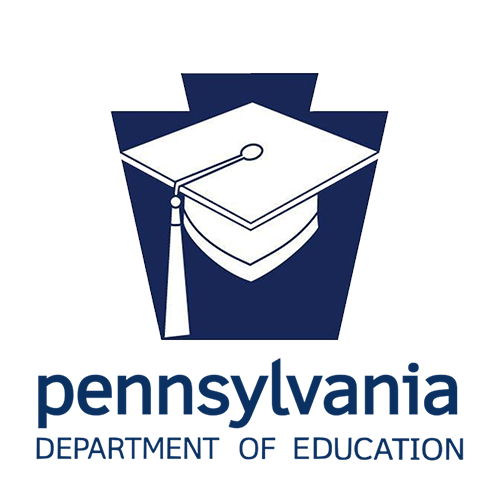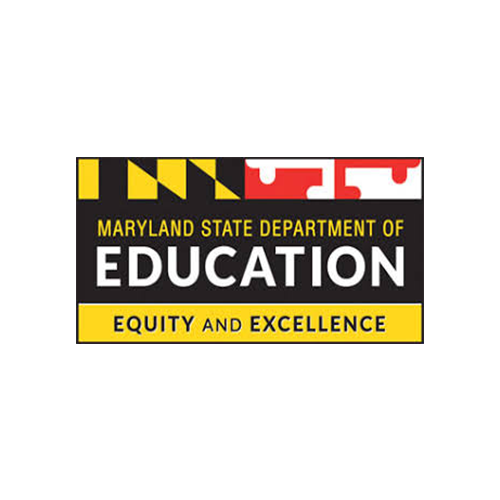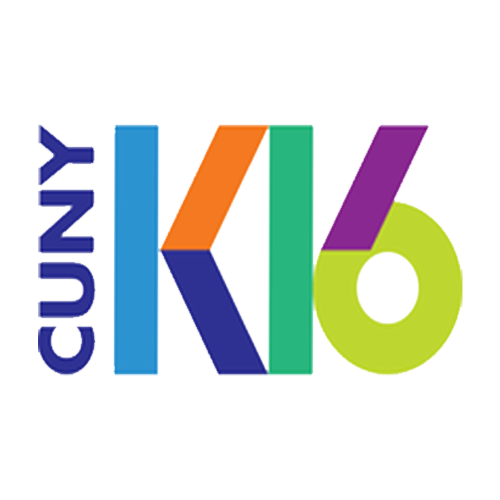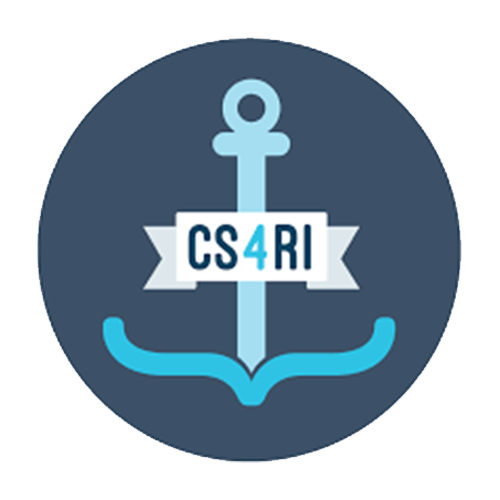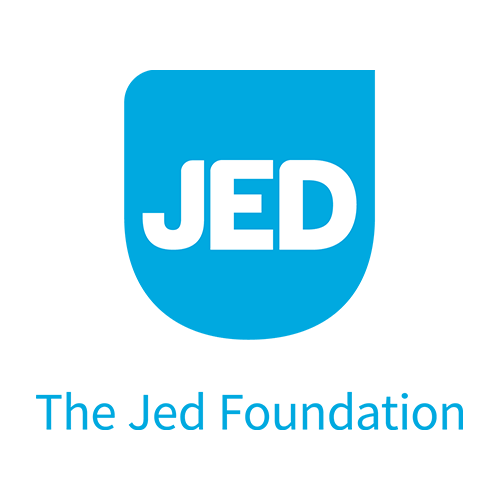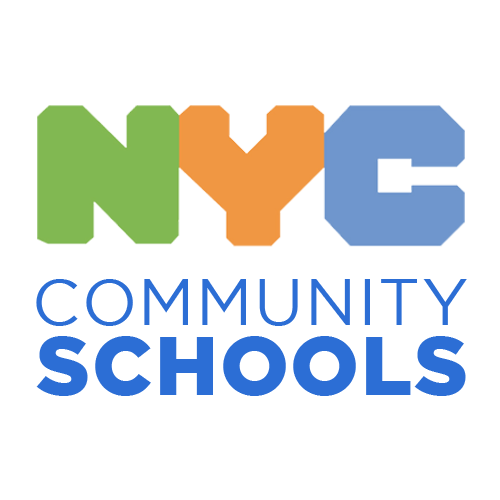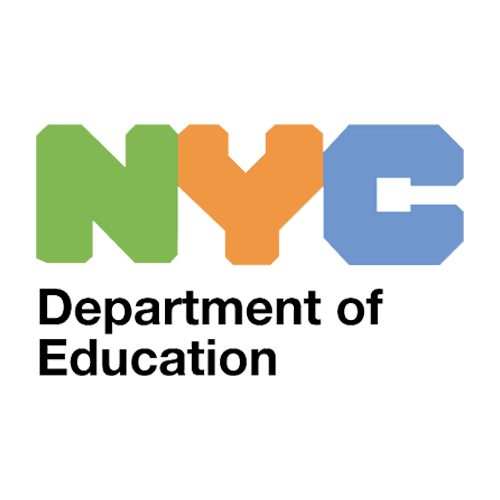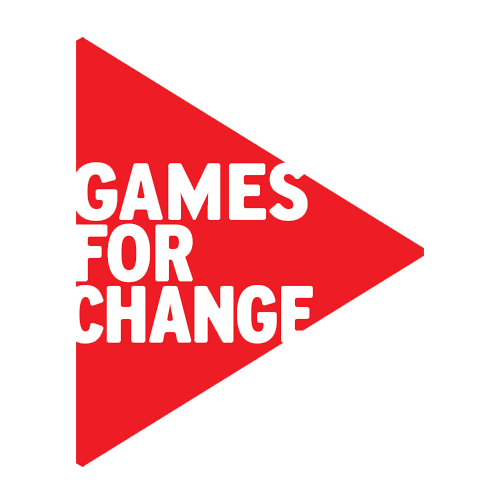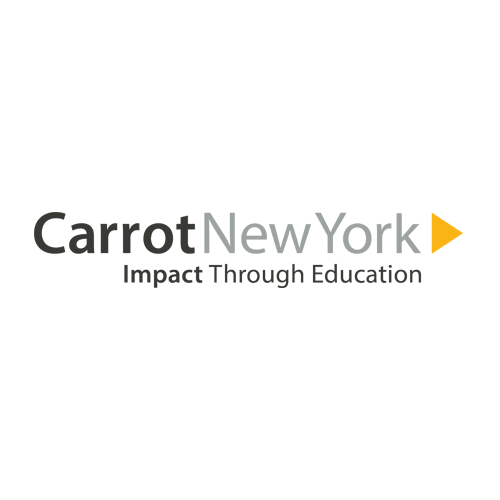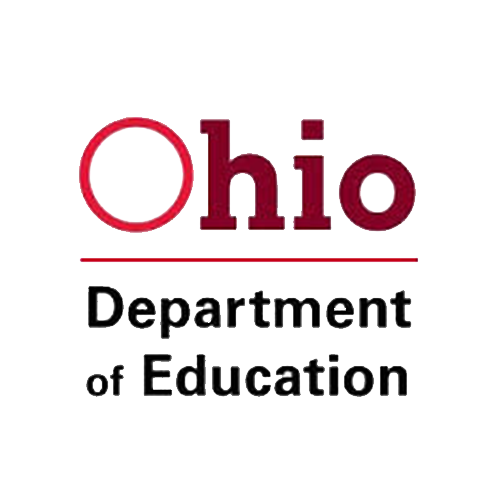Case Study: Grant Evaluator
Project PA’s Team Nutrition Training Grant: Improving Culinary Skills & Confidence
Project Background
ACR partnered with Project PA, a collaboration between Penn State University and the Pennsylvania Dept. of Education, as a 3rd party evaluator for their 2019 Team Nutrition Training Grant. The project sought to increase the use of “scratch” and “semi-scratch” cooking among schools participating in the National School Lunch Program (NSLP) using a series of two-day, hands-on culinary training sessions for school nutrition professionals and $2,500 mini-grants to extend the training, implement student taste testing, and purchase equipment.
The training sessions were led by a professional chef and modeled after the Maryland Culinary Training Program. Sessions featured culinary skill demonstrations, including knife skills, vegetable cookery, and preparing beans, legumes, and grains, and hands-on application of these and other techniques in a non-threatening and supportive environment.
ACR’s Approach
We implemented a mixed-methods study to evaluate the impact of the training on participant food service staff, including: 1) observing the six programs; 2) a pre/post survey of culinary skill confidence and attitudes towards and barriers to scratch cooking with a matched sample of 79 training participants; 3) in-depth interviews with training participants (n=20) to discuss culinary skills, “scratch” cooking and their perspectives of the training; 4) in-depth interviews with menu planners (n=17) to discuss their challenges and successes incorporating culinary skills and scratch cooking in their SFAs; and 5) a small sample of school visits (n=3) to conduct taste-test surveys with students trying recipes that use scratch/semi-scratch cooking methods.
The Impact
After the first summer of training sessions, ACR presented initial results to the chef and our partners at Project PA, which led to two small but important modifications to the training program: 1) the chef included more demonstrations using combination ovens and common kitchen equipment; and 2) the chef was more intentional about presenting and reinforcing the intended learning objectives.
In September 2023, we presented a final report organized around nine key findings, including the following:
- Participants increased their confidence in culinary skills after the training but faced implementation challenges in their kitchens.
- Culinary participants really enjoy and find value in many different aspects of training, particularly learning from peers.
- The mini grants helped overcome some of the barriers to implementing culinary skills after the training.
- Interviews suggest SFAs need more support to make strategic decisions about which staff to send to the training.
Given these findings, we developed a two-page overview of recommendations for Project PA to help participants overcome the barriers to applying their new skills back in the kitchen, including: expanding the mini-grants, supporting districts to be intentional about selecting and preparing training participants, and expanding peer-to-peer learning opportunities after the training. We also created a two-page memo to distribute to participating districts in the future called Making the Most of Project PA’s Culinary Training.
These insights and strategies were presented at two professional conferences:
- July 23, 2023. O’Shea, G., McDonnell, E., Lopes, M., Backus, B., & Edmonson, J.. Lesson learned from PA’s TNTG grant: Improving school nutrition professional’s culinary skill confidence and scratch cooking. Poster presented at the 2023 Society for Nutrition Education and Behavior Conference, Washington, DC
- July 14, 2024. O’Shea, G., & Lopes, M. Making the most out of your culinary training: Lessons learned from PA’s FY2019 team nutrition training grant. Accepted Learning Burst presentation at the 2024 School Nutrition Association Conference, Boston, MA
-

Content Development Partner
ACR brings the highest level of strategic thought, confidence, and professionalism to all projects. ACR has often been required to meet tight deadlines and manage multi-level client approval processes. They always deliver on time and without cutting corners, while managing expectations along the way.
-

Client, City Agency
ACR takes the time to understand what I’m looking to learn from each evaluation, and they design and revise their methods to answer my specific questions. As a result, their research captures meaningful data and evidence of impact, and their analysis and recommendations directly relate to my programs. Their work has directly influenced programmatic decisions and policy.
-

Client, Higher Ed
ACR’s knowledge, insight and understanding of our goals helped to foster a very collaborative working relationship. ACR’s team members became an invaluable part of my project team.

